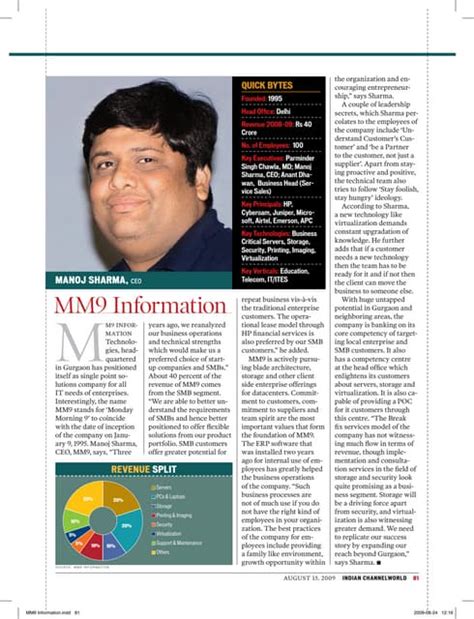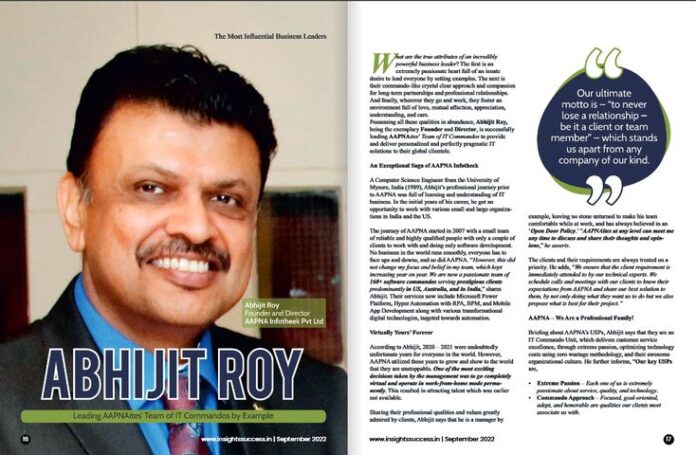In a rapidly evolving global economy, business leaders play a crucial role in shaping the future of industries and markets. This exclusive interview brings together insights from some of the world’s most influential business figures, offering a deep dive into the challenges and opportunities they face in today’s dynamic environment. From navigating economic uncertainties to driving innovation and embracing technological advancements, these leaders share their strategies for success. They also discuss the evolving nature of leadership and management, providing valuable perspectives on the future of business. Join us as we explore their visions, predictions, and the trends that are set to redefine the global business landscape.
Come join xotools.xyz in exploring this topic extensively.
1. Introduction of Business Leaders
In the ever-evolving business landscape, where market fluctuations and global influences shape every decision, leadership is paramount. This article delves into the insights of a distinguished group of global business leaders who have not only navigated these turbulent waters but have also established new benchmarks for success in their respective industries. Representing a diverse range of sectors, these individuals bring unique perspectives on the complexities of the current economic climate. Through their experiences, we gain invaluable knowledge of what it takes to lead in today’s fast-paced world. Their stories go beyond overcoming obstacles, showcasing their ability to seize opportunities and drive innovation. By examining their thoughts and strategies, we unveil the principles that guide them and the vision that fuels their organizations’ progress, providing readers with an exclusive look into the minds of those shaping the future of global business.

2. Key Challenges in the Current Economic Climate
In today’s volatile economic landscape, business leaders face an array of challenges that require not just resilience but also adaptability and foresight. The global economy is marked by rapid technological changes, shifting consumer behaviors, and geopolitical uncertainties that can disrupt even the most well-planned strategies. Leaders are tasked with managing supply chain disruptions, fluctuating market demands, and increasing competition, all while maintaining the agility to pivot as needed. Additionally, the pressure to integrate sustainability and ethical practices into business operations is growing, with consumers and stakeholders demanding more transparency and accountability.
Economic disparities and inflationary pressures further complicate the environment, forcing leaders to balance cost management with the need for continued investment in innovation and talent. The challenges are not only external; internal organizational dynamics, such as workforce retention and remote work transitions, add layers of complexity. In this climate, successful leaders are those who can navigate these multifaceted issues with a clear vision, making strategic decisions that not only address immediate concerns but also position their businesses for long-term success.

3. Strategies for Business Growth and Innovation
To thrive in today’s challenging economic environment, business leaders are increasingly focusing on strategies that prioritize growth and innovation. One key approach is leveraging technology to streamline operations, enhance customer experiences, and create new revenue streams. By adopting advanced data analytics, artificial intelligence, and automation, companies can gain insights that drive smarter decision-making and improve efficiency.
A vital strategy for success is cultivating a culture of innovation within the organization. This entails encouraging creative thinking, supporting calculated risk-taking, and investing in research and development to stay ahead of industry trends. Collaboration across departmental boundaries and with external partners is also crucial, as it fosters diverse perspectives and expedites the innovation process.
Furthermore, numerous leaders are actively seeking new markets and expanding their product or service range to both minimize potential risks and seize emerging opportunities. This expansion, achieved through strategies like mergers and acquisitions or organic growth, is a well-established method for achieving sustainable growth. In the end, the most effective strategies are those that carefully consider both immediate gains and long-term goals, thereby fostering resilience in an environment of constant change.

4. The Role of Technology in Modern Business
Technology is a cornerstone of modern business, powering innovation and boosting operational efficiency. In today’s digital landscape, businesses are utilizing technology to streamline processes, enhance customer engagement, and gain a competitive edge. From artificial intelligence and machine learning to cloud computing and big data analytics, technological advancements are revolutionizing how companies function and make decisions.
Technology’s profound impact lies in its capacity to deliver real-time data and insights, empowering leaders to make swift, informed decisions. By analyzing vast datasets, businesses can identify emerging trends, anticipate market shifts, and adapt their strategies proactively. This data-driven approach not only enhances efficiency but also fosters a deeper understanding of customers, enabling the creation of personalized products and services.
Furthermore, technology fuels innovation by facilitating rapid prototyping and testing of novel concepts. This allows companies to experiment with new business models, products, and services at a lower risk and cost, thereby accelerating the pace of innovation. The emergence of digital platforms and e-commerce has also broadened global markets, empowering businesses to connect with customers beyond conventional geographical limitations.
Progress, however, brings with it inherent challenges, including the ever-present threat of cyberattacks and the necessity of continuous workforce development. Effective leaders understand that thriving in our current technology-focused world demands a dedication to constant learning and adaptability.
5. Leadership and Management Practices
Effective leadership and management practices are pivotal in navigating the complexities of today’s business environment. Leaders are now expected to be more than just decision-makers; they must also be visionaries who inspire and motivate their teams. A key aspect of modern leadership is the ability to foster a culture of collaboration and innovation within the organization. By encouraging open communication, leaders can ensure that diverse perspectives are heard, leading to more robust solutions and creative problem-solving.
In addition to promoting collaboration, successful leaders prioritize the development and well-being of their employees. This involves investing in professional development opportunities, recognizing and rewarding achievements, and creating an inclusive workplace where all team members feel valued. Such practices not only boost morale but also improve retention and attract top talent.
Adaptability is another crucial trait of effective leaders. In a rapidly changing business landscape, leaders must be agile, ready to pivot strategies when necessary, and responsive to both external market conditions and internal organizational needs. They are also increasingly aware of the importance of ethical leadership, understanding that trust and integrity are fundamental to long-term success.
Ultimately, the most effective leadership and management practices are those that align the organization’s goals with the needs of its people, creating a cohesive, forward-thinking environment that drives sustained growth and innovation.
6. Future Predictions and Industry Trends
Looking ahead, business leaders are anticipating several key trends that will shape the future of industries worldwide. A prominent prediction is the continued integration of advanced technologies, such as artificial intelligence, blockchain, and the Internet of Things. These technologies are expected to revolutionize everything from supply chain management to customer interactions. As these technologies become more accessible, businesses of all sizes will need to adopt them to stay competitive and meet evolving consumer expectations.
The increasing focus on sustainability and corporate responsibility is another key trend. Both consumers and investors are demanding more from companies than just high-quality products and services. They now expect businesses to make a positive impact on society and the environment. This shift is motivating businesses to adopt sustainable practices, reduce their carbon emissions, and increase transparency in their reporting.
Industry lines are likely to continue blurring in the future as companies expand their product offerings and venture into new markets. This merging of industries will generate fresh opportunities and difficulties, necessitating leaders to adopt more innovative and adaptable strategies.
The focus on talent management will become even more critical as companies grapple with a competitive job market. Recognizing the need to nurture and retain skilled employees, leaders will prioritize investment in continuous learning and development programs. This will ensure their workforce stays agile and equipped to meet the ever-evolving demands of the future.
As we navigate a rapidly evolving business landscape, the insights from global leaders highlight the critical role of innovation, technology, and adaptive leadership. By addressing current challenges with forward-thinking strategies and embracing emerging trends, businesses can position themselves for sustainable success. The future promises both opportunities and uncertainties, and the ability to lead with vision and agility will be key to thriving in this dynamic environment.
xotools.xyz









